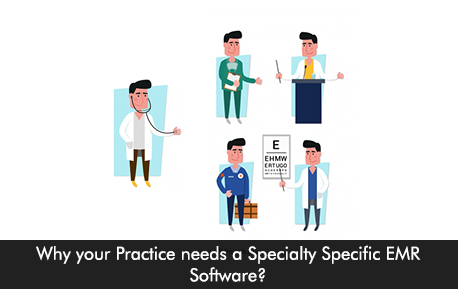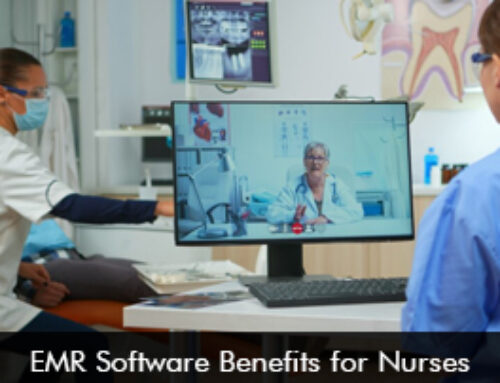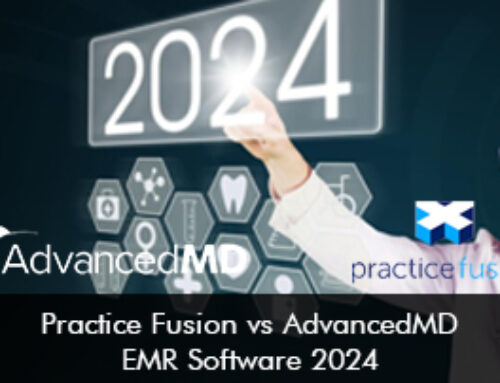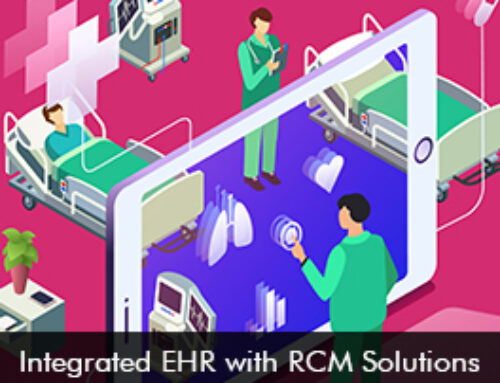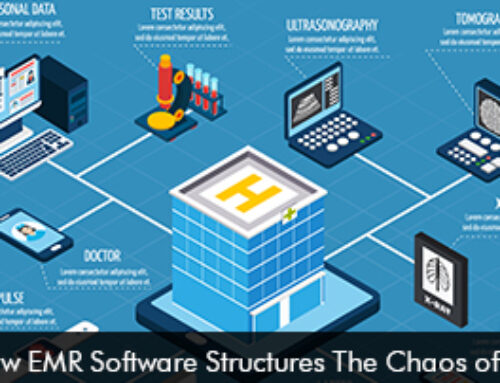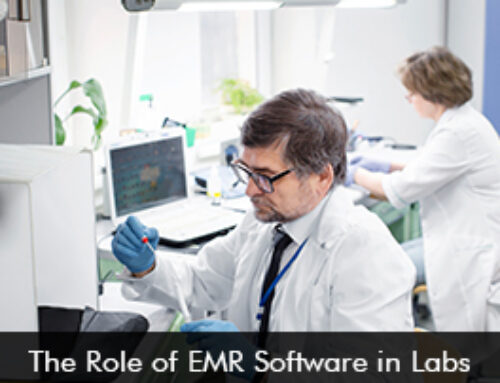Specialty EHR software is the driving force of any specialist’s practice. Having a Specialty Specific Electronic Medical Records (EMR) Software means that it creates the exact workflows that meet the exact needs of a healthcare provider. The robust software solution provides a customized set of templates, reduces data entry tasks, and speeds up the documentation process which means clinicians are better able to focus on the care of their patients which is the ultimate goal of healthcare.
Examples of Specialty Specific EMR Software Solutions
These Software systems are designed to meet the unique needs of different medical practices which yield greater efficiency and improved patient care. The following are some examples of specialty-specific EMR Software systems;
- Cardiology EMR Software
- Dentistry EMR Software
- Chiropractic EMR Software
- General Practitioner EMR Software
A general EHR software system may not be a perfect fit for your practice as different specialties have different requirements and priorities. Specialty practices benefit from having a specialty-specific EHR software solution to save time and money.
The advantages of adapting to a specialty-specific EMR software
- Streamlines workflows and procedures – Having a specialty-specific EHR software means your practice will get efficient with a standardized system for maintaining performance levels. Day-to-day financial, clinical, and administrative processes are streamlined which all help to improve patient outcome levels.
- Better patient care can be ensured – When running a specialty practice such as cardiology, Cardiology EMR Software can help to provide enhanced care to patients. Checklists in the cardiology EHR software will make sure that staff members ask each patient for a complete medical and family history which is vital for patient diagnosis and treatment process. A practice that specializes in gynecology benefits by having a specialty-specific software system as it effectively helps to schedule bills for smears. The built-in templates within the Electronic Health Records Software calculate due dates and have ultrasound analysis capabilities. A fully adaptable system makes it possible for specialists to provide better care and increase patient outcome levels.
- Focus on the patient – By streamlining and automating most of the administrative and financial tasks providers are better able to focus on the patient. Less time invested in documentation, scheduling, and billing helps providers to enhance care quality and keep the patients satisfied throughout their treatment journey.
- Documentation with fewer errors – One of the key benefits of specialty-specific EHR software is enhanced documentation which is due to the standardized system which helps to reduce any errors as compared to traditional documentation methods. The time-consuming documentation processes are simplified with the functionalities of end-to-end documentation of patient notes.
Final Takeaway –
The technology of the EMR software system is scalable and can be implemented into all practice set-up sizes from large to small. If you’re a specialty practice and considering improving your workflow efficiencies and set apart from your peers then it is the right time to go for a specialty-specific EHR software system. There may be a few challenges such as training your staff members on the new software system and keeping in mind the cost considerations but the benefits prevail over the trials and challenges. Specialty-specific EHR software has the features of built-in templates which saves a lot of time for providers and staff members and results in ease of daily mundane tasks.


